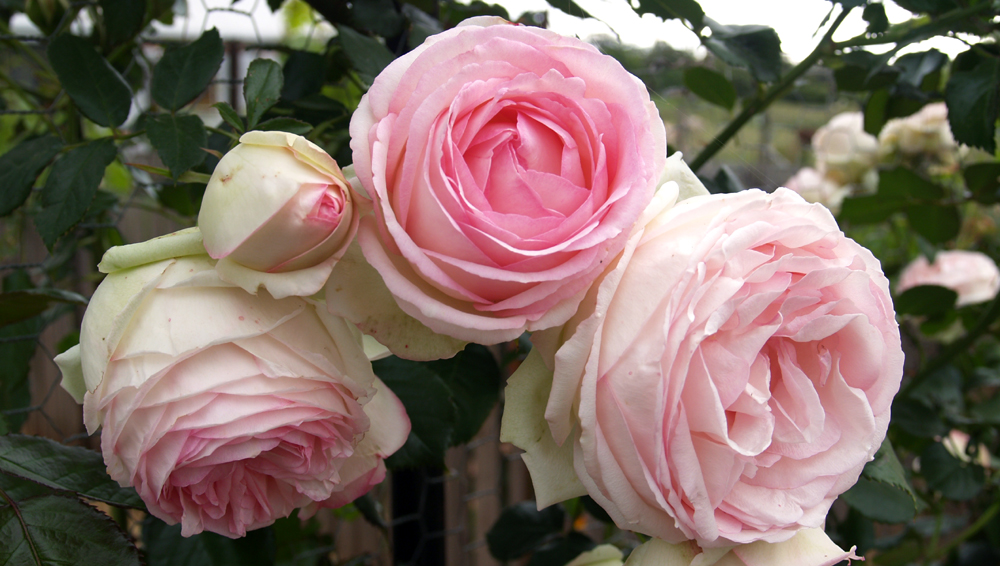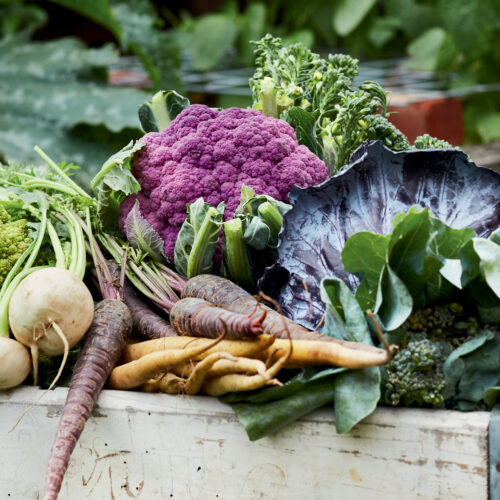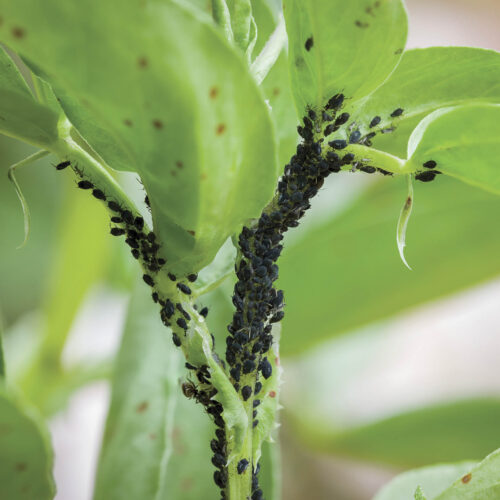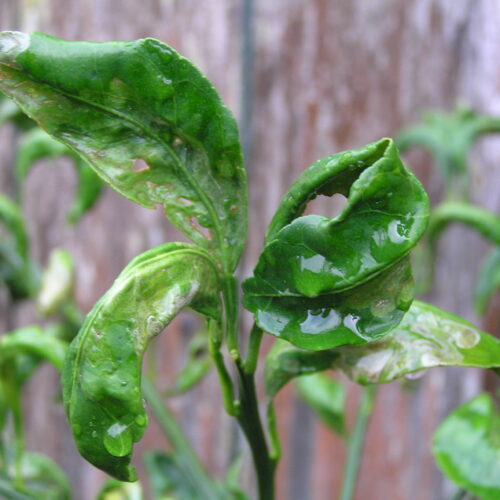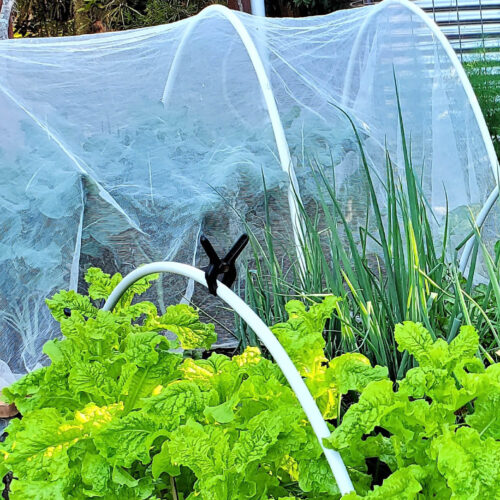The Myth of Disease Resistance
2011-10-13T12:10:36+11:00
Could a new super-rose that is totally resistant to blackspot be a good fit for organic gardeners. JUSTIN RUSSELL argues that there are other virtues to look for in plants beyond the obvious.
I’ve just read a news story about a local rose grower who reckons he’s bred a blackspot-free, perfumed, evergeen, perpetually flowering rose that “ticks all the boxes”. Good luck to the grower if he has, but I won’t be rushing out to buy one. Let me explain why.
From an organic gardening perspective, disease resistance is an important trait for a plant to possess. Obviously, a rose that doesn’t get blackspot will result in less chemical use than one that does. But here’s the thing. I’ve got more than twenty different rose varieties in my garden, they all flower wonderfully, but I have to confess that I don’t spray a single one of them. Some have natural resistance to fungal disease, others don’t. If they get blackspot, and some invariably do, so be it.
There’d be gardeners around who would call my approach cavalier. Perhaps irresponsible. After all, what kind of serious gardener would let a disease go unchecked? Well, my argument is that blackspot is mostly cosmetic – it affects the gardener more than it does the plant. I could spray during winter with lime sulphur, which is an accepted input under the Australian Organic Standard, but I simply don’t see the need. I’m happy to enjoy my roses at their peak in spring, before the blackspot has a chance to get hold. Then I’ll tolerate some blemishes in late summer and autumn. No big deal.
Then there’s this repeat flowering palaver. Rose fanciers seem to cherish the idea that their plants should bloom all year round. I don’t buy it. My desire is to garden in harmony with the seasons, and to this end, I’ve deliberately planted some old roses that flower once in early summer, and that’s it. Am I disappointed the display is so fleeting? To the contrary. The fact that the display is fleeting makes the flowers, when they eventually arrive, all the more beautiful.
Never fall for the con that organic gardening is simply about using natural chemicals in place of synthetics or just about breeding plants with more disease resistance. These practices have an important role to play, but the greater aims are to create biodiversity, build healthy soil, and to only intervene in nature’s course when absolutely necessary.

